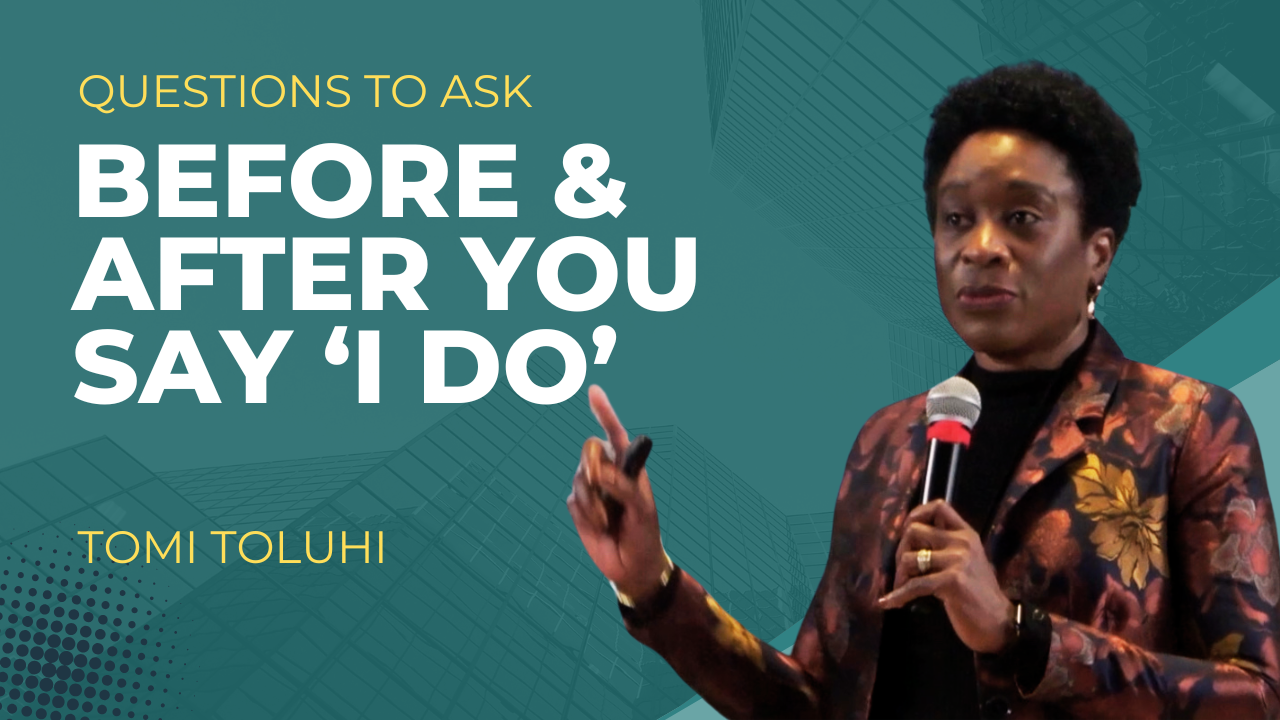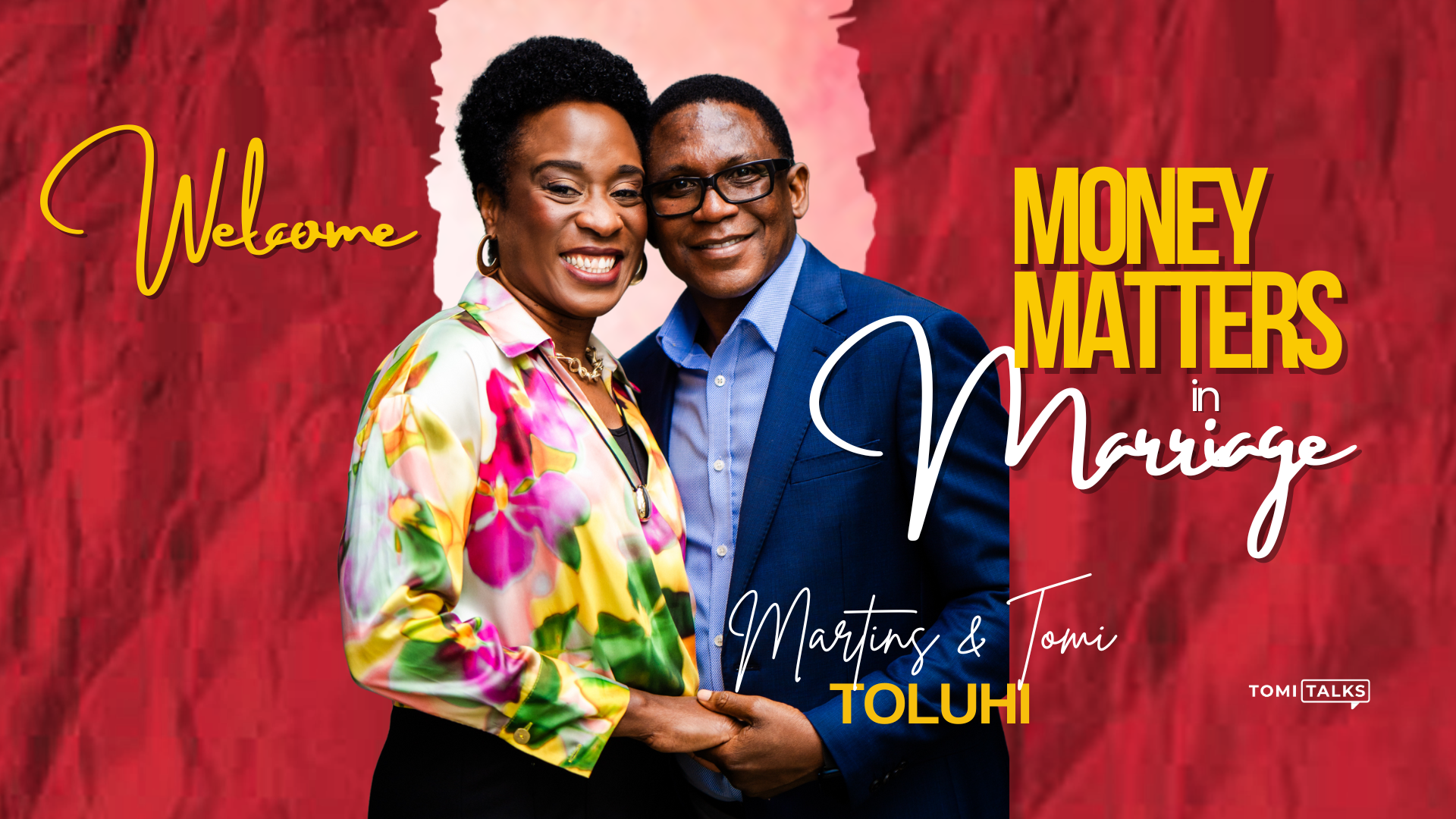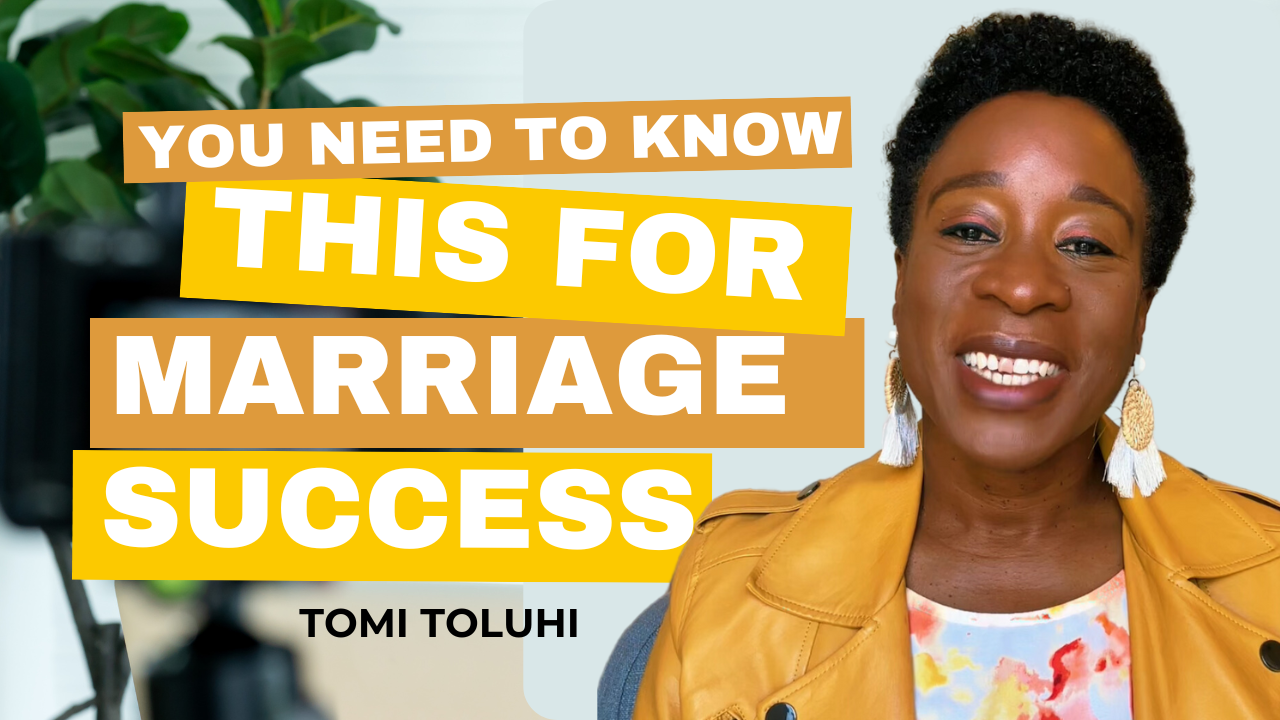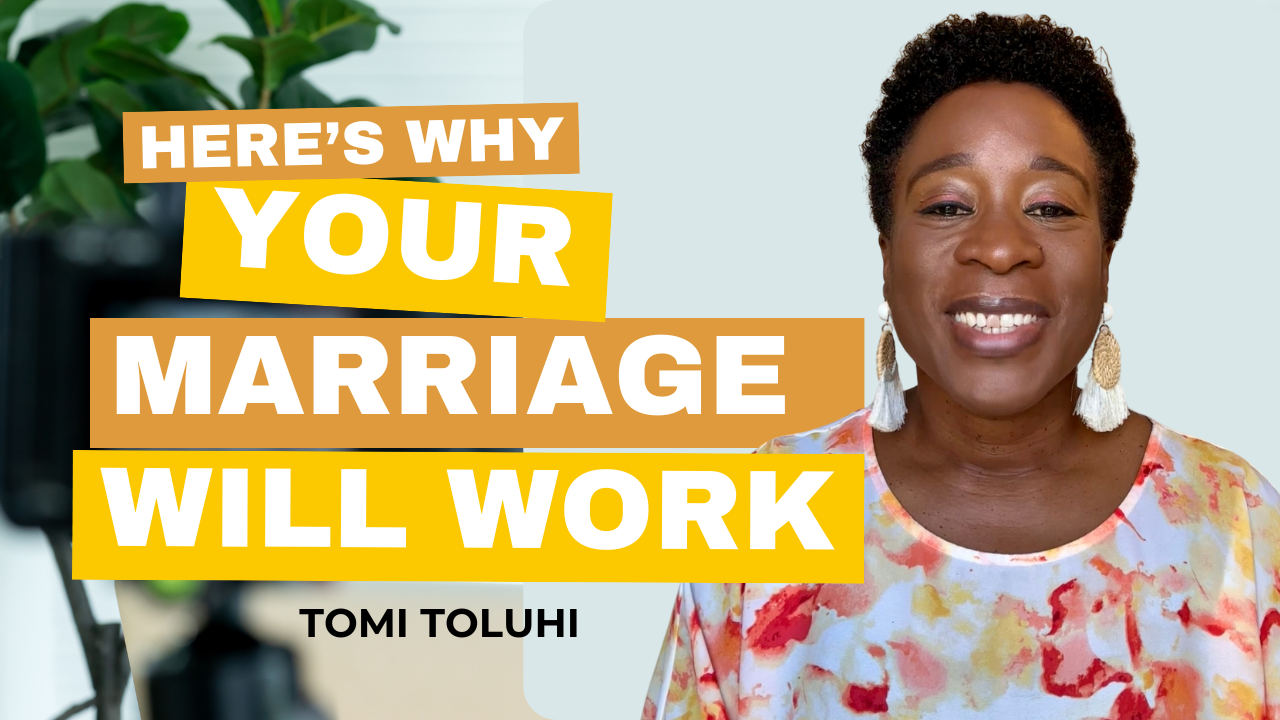What matters more than your marriage?
In my career I frequently have the opportunity to interview candidates for various roles within our organisation. As I sit face to face with an eager, often nervous, candidate, one of the questions I almost invariably ask is ‘How do you prioritise your day to day activities?’ What I am trying to sense is whether this candidate can look at competing priorities or tasks, discern what’s important, and apply themselves to it with razor-sharp focus. I know that when a person has developed the skill of putting first things first every hour of the day, they are bound to be productive in the long term. I am acutely aware that it’s not your intention that determines your success in life; it’s your dedication to pursuing the correct priorities. This principle has a profound effect on our lives and specifically our marriages; yet it is one of the most frequently ignored principles of marital success.
Many marriages are in pain not because the partners don’t love each other, but because the priorities they have set do not support the success of their marriages. The reality we often neglect is that our true priorities are not what we pay lip service to; our true priorities are what we apply our time, attention and resources to. If you say you value your spouse but you spend more time listening to or connecting with your friends, extended family or colleagues at work; or if you say you value your marriage but you’re not prepared to invest the attention or resources required to learn how to make it thrive, it’s quite obvious where your priorities lie. What you value the most will show up in what you do daily.
In order to make the most of marriage, we need to get our priorities in the right order, before we’re married and thereafter. So what should our priorities be if we want to achieve happy, healthy marriages?
The God factor
Counter-intuitively, the most important priority in marriage is not marriage itself; it’s our relationship with God. Everything else must be secondary. By this I don’t mean a focus on religion, church activities or any other outward thing we do; I mean a living, breathing relationship with the Lover of your soul that draws you daily into a deeper walk with Him. In Matthew 6, Jesus gave a masterclass in priority setting. He starts off in verses 31-32 describing the misplaced priorities we often set for ourselves and zeroes in on our obsession with what we will eat, drink and wear. Jesus points out that those are the priorities of people who don’t have a relationship with God. I could add to that list, who we will marry, when we will marry and whether our needs are being met in our marriage. These are things that often occupy our attention.
I am not suggesting that marriage is not a priority; far from that. The core of my life’s work is focused on helping people experience great marriages. Nevertheless, marriage must be kept in its proper place if we want it to work; it must be secondary to our personal relationship with God. Jesus makes it clear that when we are full of anxiety about other things, we are out of sync with God’s priorities. Then He hits the hammer very deftly on the head of the proverbial nail in verse 33 [AMP]. “But first and most importantly seek (aim at, strive after) His kingdom and His righteousness [His way of doing and being right–the attitude and character of God], and all these things will be given to you also.”
Pursuing the attitude and character of God first and foremost sets you up for success in marriage. Unless you get that right, nothing else works. I have frequently seen people put their relationship with God aside when choosing a spouse because they are desperate to get married; then they say ‘I do’ to someone who does not view God as a priority and wonder why things are not working. Unless God is at the centre of your decision-making regarding who to marry, you will expose yourself to needless heartache in the future trying to salvage a relationship built on a faulty foundation.
When God comes first, your choices become clearer and when seeking a spouse you will not settle for someone who is not passionate for God, someone who lacks integrity, or someone who does not respect sexuality as God commands. You will also realise that even after marriage you need to prioritise time with God in order to be at your best for your spouse. When a husband and wife individually spend time developing their personal relationships with the Lord, loving and honouring your spouse becomes so much easier because you are enabled and empowered by your relationship with God. You give love out of the overflow of the love you have received from God. Whatever else is happening in your life, your relationship with God must come first.
Your spouse and you
Of all the human relationships we have the opportunity to engage in, marriage is the one to which God accords the highest status. In Genesis 2:24, God makes a clear statement of priority regarding marriage. ‘For this reason a man shall leave his father and his mother, and shall be joined to his wife; and they shall become one flesh.’ It is worth noting that at the time God made this statement, the concept of fathers and mothers did not exist. Adam and Eve were the first humans created so they had no earthly parents. Nevertheless, God felt it necessary to establish a foundational principle regarding marriage – all other human relationships must take second place to it if marriage is to work.
After your relationship with God, cultivating your relationship with your spouse should be your utmost priority. God surrounds us with other valuable relationships with our children, parents, siblings and friends which need to be nurtured carefully. However, nurturing the husband-wife relationship must come first because this is God’s order. Oftentimes we mentally acknowledge this divine order but the way we act from day to day in our homes suggests that we have not fully grasped its importance. Are you too busy to spend time sharing heart to heart with your spouse? Do you value the opinions of others above your spouse’s? Do you habitually push your spouse’s needs to one side and give your children, your work or your hobbies first place in your life? These are all symptoms of priorities which are out of sync.
Reordering your life could do wonders for your marriage. Your relationship with your spouse may have suffered from years of neglect but it’s never too late to make things right. Find out what’s happening in your spouse’s life during this season. Talk to him or her and actively listen to their needs and concerns. Don’t just look with unseeing eyes; train yourself to notice your spouse and tune in to him or her. Prioritise his or her needs. Make your husband or wife feel valued and appreciated by the way you speak to them and the attention you pay them. Embark on a new love affair with your spouse. When we put first things first, everything else in life falls into place with ease.






All Rights Reserved | RelatePlus





